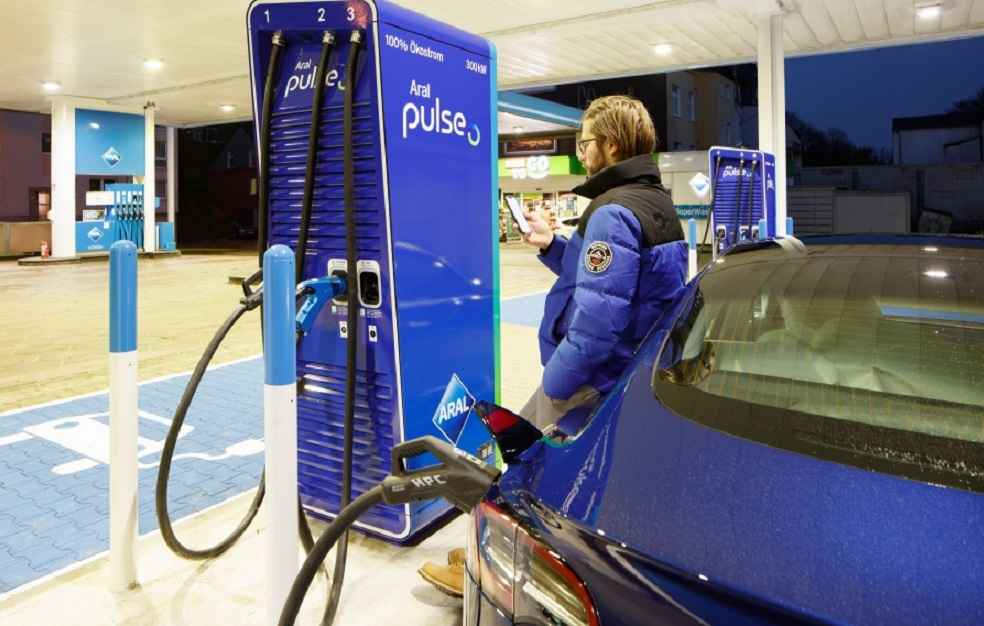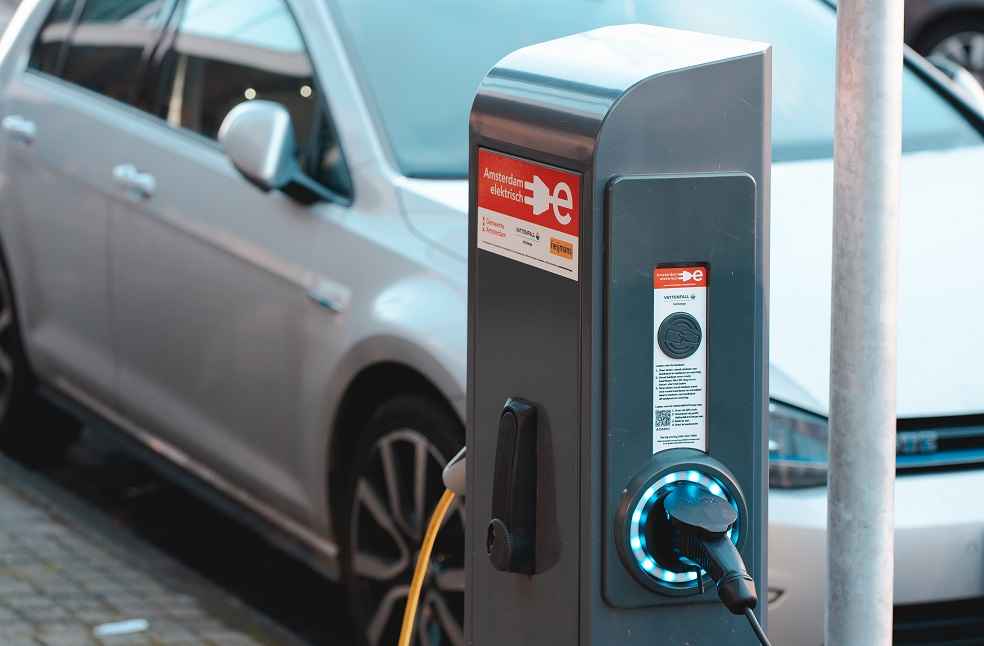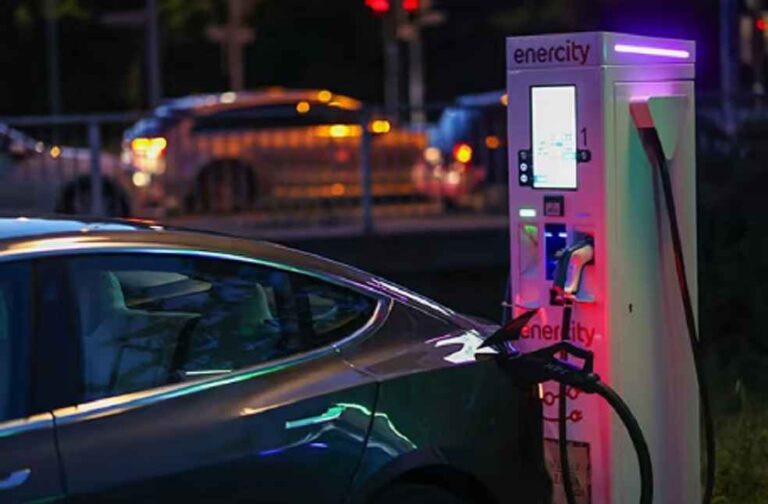The burgeoning global trend towards electric vehicles (EVs) casts an unsettling shade on the robust UK automotive sector, warns a report by the Institution of Mechanical Engineers (IMechE). The encompassing document titled ‘UK Automotive Sector: Surviving the Net Zero Transition,’ stresses the imperative of governmental reinforcement to retain sector competitiveness amidst escalating international rivalry, principally from electric automotive markets.
The UK government’s commitment to transition to a zero-emission fleet and achieve Net Zero objectives echoes a larger worldwide movement towards environmental sustainability. The IMechE report highlights that without an augmented support structure for both consumers and manufacturers, the UK auto industry stands on fragile ground.
The automobile sector, a linchpin of the UK’s industrial terrain, employs nearly a million individuals, many residing in regions grappling with economic constraints. A languishing auto sector could potentially exacerbate the economic inequities in such areas.

Terry Spall, the Past President of IMechE and co-author of the report, voiced concerns over the UK’s slow pace in aligning with global transitions to electric mobility. “Though activity levels have been increasing, the UK is behind the curve as it progresses its transition to a zero-emission fleet and Net Zero goals. Many significant hurdles have yet to be effectively addressed and the UK’s future competitive position as a global vehicle manufacturing nation is at stake,” remarked Spall.
The roadmap envisioned by the UK government mandates car manufacturers to progressively ramp up electric vehicle production from 2024 onwards. The IMechE report contends that this mandate could falter unless accompanied by measures that enhance the allure of electric vehicles to consumers.
Key recommendations from the report propose that the government set stringent targets to accelerate the proliferation of electric vehicle charging points across the nation. It emphasizes a collaborative approach, advocating for localized programs to discern effective strategies in bolstering EV infrastructure.

Acknowledging the postponed 2030 embargo on diesel and petrol vehicles, the report also suggests the government consider cushioning the investment risks associated with charging infrastructure, thereby invigorating a faster transition to electric vehicles.
Further, the report beckons for an amplification of support for local manufacturers to level the playing field, currently dominated by foreign market entrants, notably from China. A significant portion of this support should be channeled towards fostering volume battery production within the UK. This entails not only financial backing but also an elaborate framework to develop supply chains for critical minerals and other key components integral to electric vehicle production.

As global automotive paradigms shift, the UK is at a pivotal juncture. The call for a unified effort from the government, local manufacturers, and other stakeholders resonates louder than ever to ensure the UK automotive sector doesn’t relinquish its significant position on the global industrial map.
LATEST | evolvAD: Nissan Powers UK’s Leap into Autonomous Driving Future





